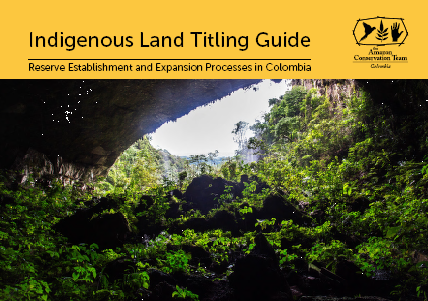How Title Deeds Make Sex Safer: Women’s Property Rights in an Era of HIV
Contains introduction: property rights, inheritance, and HIV; the impact on development; challenging the roots of the problem; modern laws and individual rights: do they always support women?; pinpointing the difficulties with the existing legal frameworks; ways forward.



